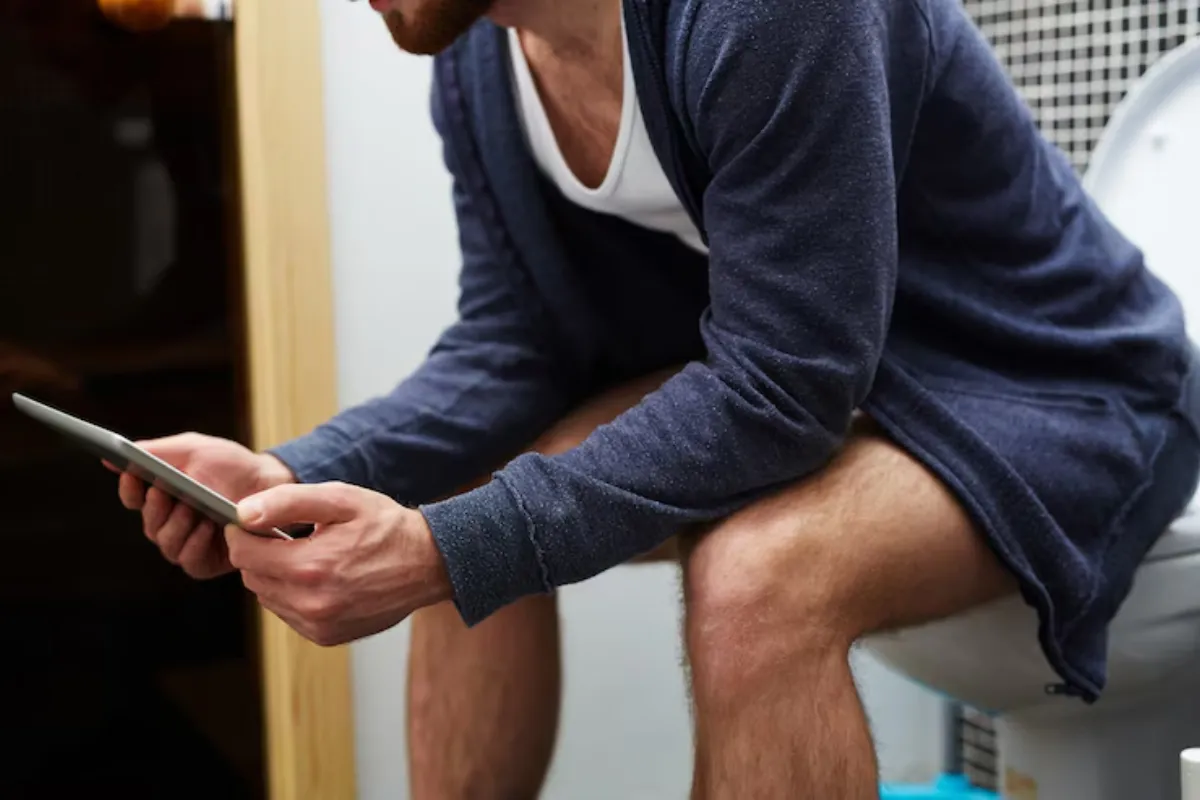Cardiac arrest can strike anywhere, anytime. But did you know that even using the toilet can be a trigger? Doctors warn that certain everyday activities, like showering or going to the bathroom, can put stress on the body and potentially lead to a sudden stoppage of the heart. This lack of blood flow to the brain and other organs can cause a person to lose consciousness, become disabled, or even die if not treated immediately. Here’s why using the toilet can be risky for some people, and what you can do to minimize those risks.
Why Does Cardiac Arrest Happen in the Toilet?
Straining during a bowel movement can put a significant amount of stress on the heart. This, combined with underlying heart conditions, can trigger a cardiac arrest. Additionally, using the toilet can trigger a vasovagal response. This response occurs when pressure is applied to the vagus nerve, which can slow down the heart rate and sometimes lead to fainting. In some cases, this fainting episode can be severe enough to cause sudden death.
Other Bathroom Activities That Can Increase Your Risk
Apart from using the toilet, showering with extremely hot or cold water can also impact your heart rate. The body’s effort to adjust to sudden temperature changes can stress the arteries and capillaries.
Who’s Most at Risk?
People with pre-existing heart conditions, obesity, high blood pressure, or a family history of heart disease are at a higher risk of experiencing a cardiac arrest, especially when triggered by bathroom activities. Constipation is also a common culprit, often caused by factors like dehydration, lack of exercise, certain medications, and poor diet.
Signs and Symptoms to Look Out For
If you experience any of the following symptoms while using the bathroom, it’s crucial to seek help immediately:
- Chest pain
- Sudden shortness of breath
- Dizziness
- Vomiting
- Difficulty breathing
- Fainting
How to Minimize Your Risk
Here are some simple ways to make your bathroom routine safer:
- Avoid very hot baths, especially over your chest.
- Set a timer if you plan to spend a long time in the bathtub.
- Don’t take hot baths after consuming medications that can cause drowsiness.
- Keep your phone within reach in case you need to call for help.
By following these tips and being aware of the risks, you can help prevent a cardiac arrest from occurring in the bathroom. If you have any concerns about your heart health, consult with a doctor.
Disclaimer: This material, including advice, provides general information only. It is in no way a substitute for a qualified medical opinion. Take the methods, and claims mentioned in this article as suggestions only; DNP India does not confirm or refute them. Consult a doctor before implementing any such suggestions/ treatment/medicine/diet.












